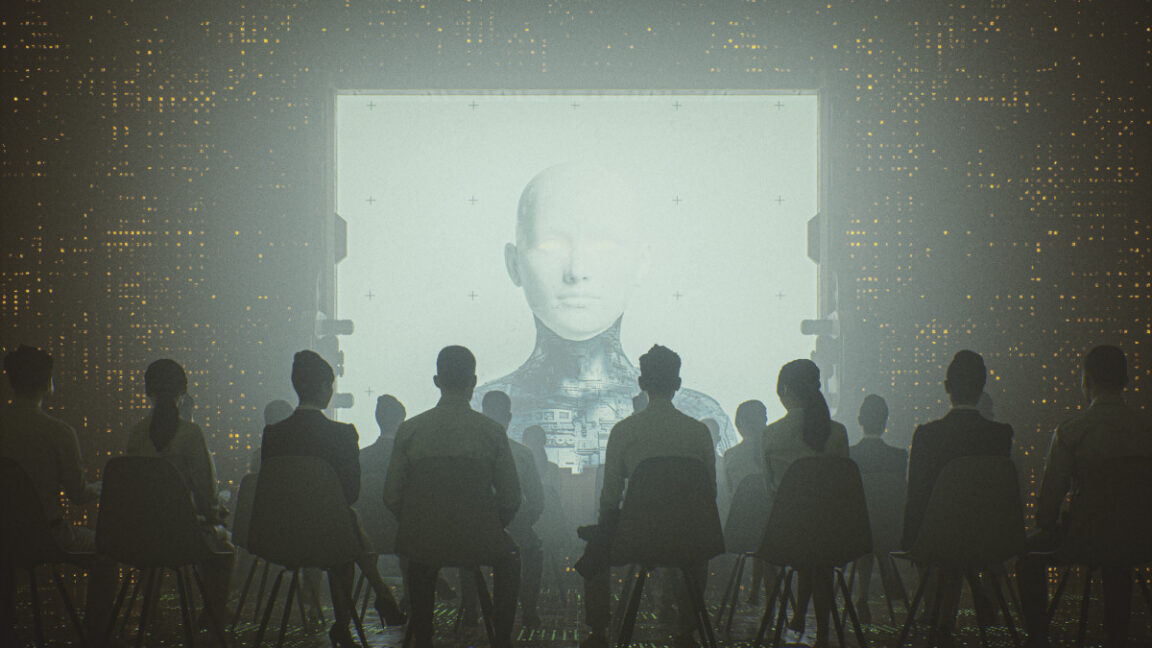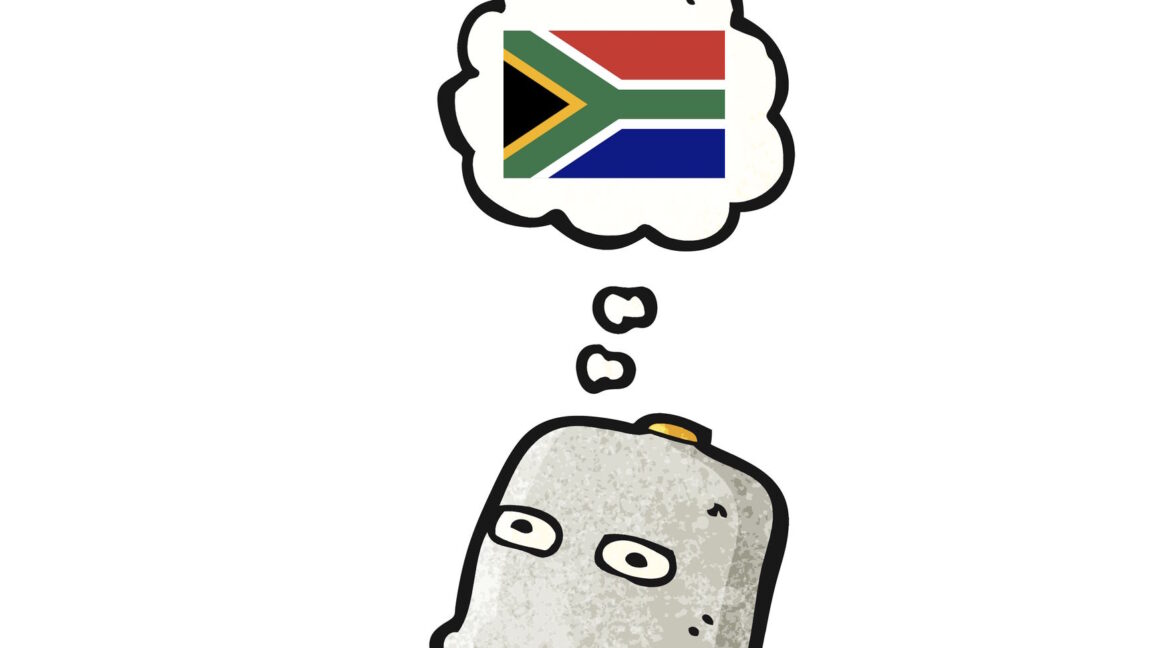Introduction to AI Safety Concerns
As long as there has been AI, there have been people sounding alarms about what it might do to us: rogue superintelligence, mass unemployment, or environmental ruin from data center sprawl. But this week showed that another threat entirely—that of kids forming unhealthy bonds with AI—is the one pulling AI safety out of the academic fringe and into regulators’ crosshairs.
The Growing Concern
This has been bubbling for a while. Two high-profile lawsuits filed in the last year, against Character.AI and OpenAI, allege that companion-like behavior in their models contributed to the suicides of two teenagers. A study by US nonprofit Common Sense Media, published in July, found that 72% of teenagers have used AI for companionship. Stories in reputable outlets about “AI psychosis” have highlighted how endless conversations with chatbots can lead people down delusional spirals.
Impact of the Stories
It’s hard to overstate the impact of these stories. To the public, they are proof that AI is not merely imperfect, but a technology that’s more harmful than helpful. If you doubted that this outrage would be taken seriously by regulators and companies, three things happened this week that might change your mind.
A California Law Passes the Legislature
On Thursday, the California state legislature passed a first-of-its-kind bill. It would require AI companies to include reminders for users they know to be minors that responses are AI generated. Companies would also need to have a protocol for addressing suicide and self-harm and provide annual reports on instances of suicidal ideation in users’ conversations with their chatbots. It was led by Democratic state senator Steve Padilla, passed with heavy bipartisan support, and now awaits Governor Gavin Newsom’s signature.
The Federal Trade Commission Takes Aim
The very same day, the Federal Trade Commission announced an inquiry into seven companies, seeking information about how they develop companion-like characters, monetize engagement, measure and test the impact of their chatbots, and more. The companies are Google, Instagram, Meta, OpenAI, Snap, X, and Character Technologies, the maker of Character.AI.
Sam Altman on Suicide Cases
Also on the same day, Tucker Carlson published an hour-long interview with OpenAI’s CEO, Sam Altman. It covers a lot of ground—Altman’s battle with Elon Musk, OpenAI’s military customers, conspiracy theories about the death of a former employee—but it also includes the most candid comments Altman’s made so far about the cases of suicide following conversations with AI.
What’s Next?
So where does all this go next? For now, it’s clear that—at least in the case of children harmed by AI companionship—companies’ familiar playbook won’t hold. They can no longer deflect responsibility by leaning on privacy, personalization, or “user choice.” Pressure to take a harder line is mounting from state laws, regulators, and an outraged public.
Different Solutions
But what will that look like? Politically, the left and right are now paying attention to AI’s harm to children, but their solutions differ. On the right, the proposed solution aligns with the wave of internet age-verification laws that have now been passed in over 20 states. These are meant to shield kids from adult content while defending “family values.” On the left, it’s the revival of stalled ambitions to hold Big Tech accountable through antitrust and consumer-protection powers.
Conclusion
Consensus on the problem is easier than agreement on the cure. As it stands, it looks likely we’ll end up with exactly the patchwork of state and local regulations that OpenAI (and plenty of others) have lobbied against. For now, it’s down to companies to decide where to draw the lines. They’re having to decide things like: Should chatbots cut off conversations when users spiral toward self-harm, or would that leave some people worse off? Should they be licensed and regulated like therapists, or treated as entertainment products with warnings? The uncertainty stems from a basic contradiction: Companies have built chatbots to act like caring humans, but they’ve postponed developing the standards and accountability we demand of real caregivers. The clock is now running out.
FAQs
- Q: What is the main concern regarding AI safety?
A: The main concern is that kids are forming unhealthy bonds with AI, which can lead to harm, including suicidal thoughts and actions. - Q: What has the California state legislature passed?
A: A bill that requires AI companies to include reminders for minor users that responses are AI-generated and to have protocols for addressing suicide and self-harm. - Q: Which companies are being investigated by the Federal Trade Commission?
A: Google, Instagram, Meta, OpenAI, Snap, X, and Character Technologies, the maker of Character.AI. - Q: What did OpenAI’s CEO, Sam Altman, say about suicide cases?
A: He mentioned the tension between user freedom and protecting vulnerable users and suggested that in cases of young people talking about suicide seriously, where they cannot get in touch with parents, they might call the authorities. - Q: What is the potential outcome of the current situation?
A: It is likely that we will end up with a patchwork of state and local regulations, and companies will have to decide where to draw the lines in terms of chatbot interactions and user safety.











